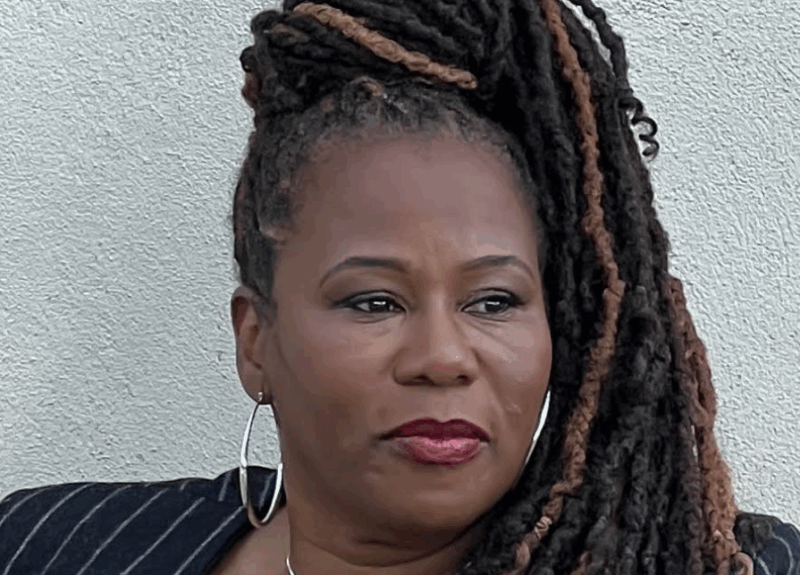Side Effects & Lung Cancer: The Hidden Realities Patients Live With
Resources mentioned in this episode
Advocacy & Information
- Patient-Centered Dosing Initiative (The Right Dose): https://www.therightdose.org/
- EGFR Resisters Facebook Group: https://www.facebook.com/groups/EGFRResisters/
- Annabelle Gurwitch: https://www.annabellegurwitch.com/
Additional Support
- Hospital chaplaincy services (often free)
- Cancer-specific therapists and psychooncologists
- Online patient communities and support groups
- Complementary therapies: massage, acupuncture, physical therapy
Also From LCFA: Hope With Answers: Living With Lung Cancer Podcast
Expert-driven, science-based guidance from oncologists, researchers, and advocates.


